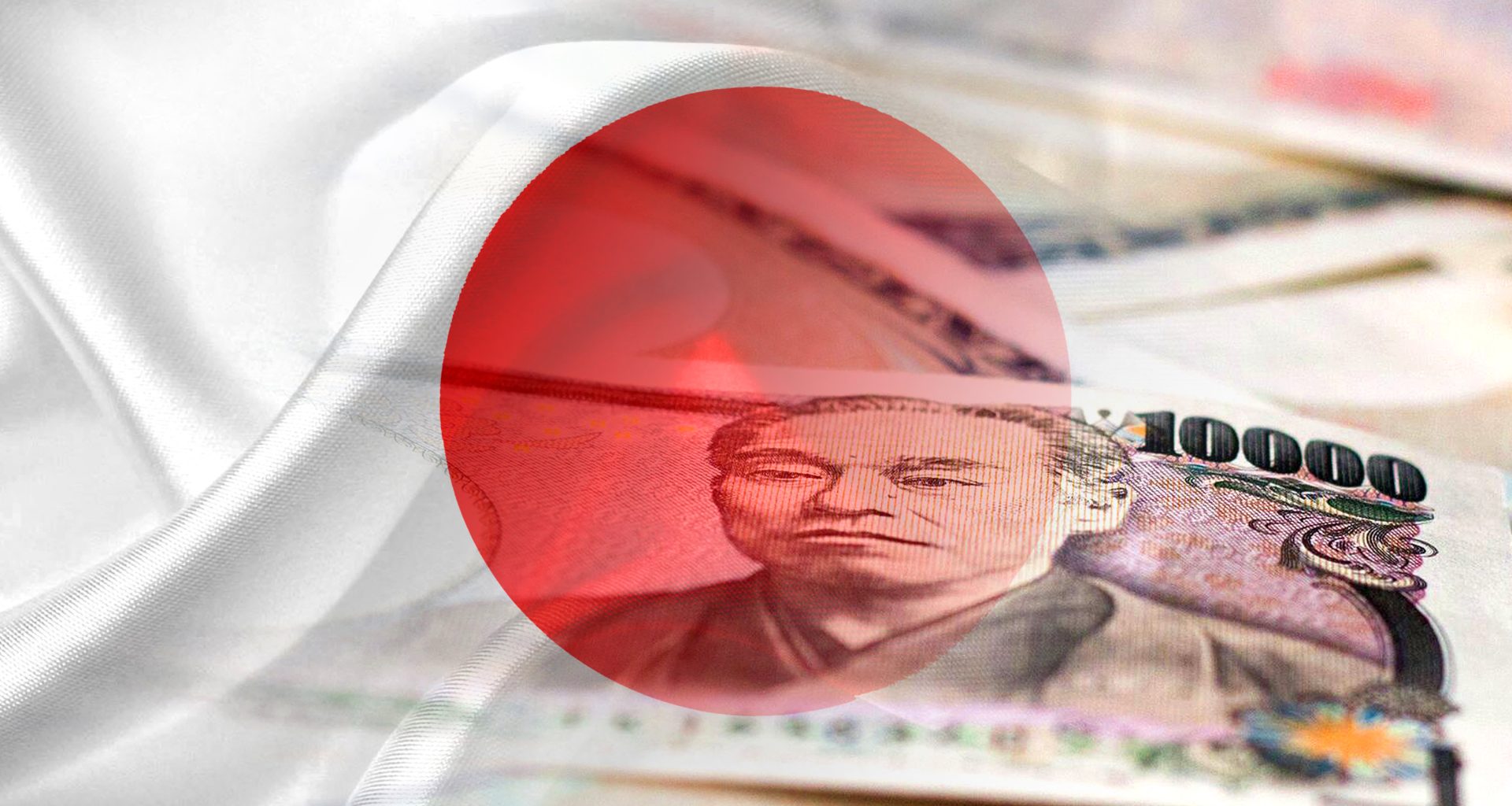
Japan flag and Japanese Yen cash banknotes (money, economy, business, finance, inflation, crisis)
Javier Ghersi | Moment | Getty Images
Japan’s central bank raised interest rates on Tuesday for the first time since 2007, ending the world’s last negative rates regime on early signs of robust wage gains this year.
The BOJ raised its short-term interest rates to around 0% to 0.1% from -0.1%, according to its statement at the end of its two-day March policy meeting. Japan’s negative rates regime had been in place since 2016.
The BOJ also announced the abolition of its radical yield curve control policy for 10-year Japanese government bonds, which the central bank has employed to target longer-term interest rates by buying and selling bonds as necessary.
The BOJ said it would stop purchases of exchange-traded funds and Japan real estate investment trusts (J-REITS) and will slowly reduce its purchases of corporate bonds, and aims to stop this practice in about a year.
The BOJ though will continue its purchases of Japanese government bonds with broadly the same amount as before. This represents the sharpest pull back in its decades-old radical policy tinkering in the form of asset purchases and quantitative easing to reflate the world’s fourth-largest economy.
The BOJ had barely budged from its ultra-loose monetary policy posture despite “core core inflation” — which excludes food and energy prices — exceeding its 2% target for more than a year, because policymakers viewed price increases were largely imported.
However, there are signs of price growth that are more organic and sustainable.
Ongoing “shunto” spring wage negotiations between Japan Inc and its unionized workers have so far yielded a weighted average 3.7% spike in base pay, Rengo, Japan’s largest federation of trade unions said Friday in its first provisional update.
This is even more robust than last year’s gains, which were the steepest spike in three decades.
BOJ Governor Kazuo Ueda had repeatedly said the outcome of this year’s annual “shunto” wage negotiations would be key to sustainable price increases. The Bank of Japan expects higher salaries to lead to a virtuous spiral with domestic demand fueling inflation.
This is breaking news. Please return later for updates.
Read More: World News | Entertainment News | Celeb News
CNBC








